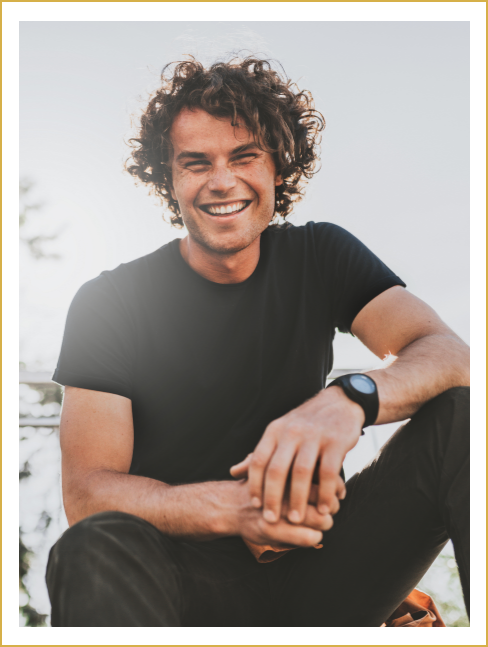Doctor shopping is the less-than-literal name for patients obtaining additional prescriptions by visiting different practitioners without their knowledge. The objective of doctor shopping is to acquire more prescription drugs for personal use or distribution. Doctor shopping was made a criminal offense in 1970, but it continues to fuel the secondhand drug market to this day.
Enabling drug addictions in this way harms the lives of innumerable people. While efforts to cut down on doctor shopping result in flagging and penalty, the real victims are those who receive these drugs to perpetuate their substance abuse. At California Centers for Recovery, we help those struggling with addiction recover in a safe, luxurious environment. If you or someone you love are battling an opiate addiction, contact us at 877.328.5682 and learn more about our opiate detox center in Los Angeles.
Understanding Doctor Shopping
Many prescription drugs have abuse potential, and legislation exists to keep those medications regulated. The prescription itself is a sort of contract, one in which the patient trusts that the medication has been correctly portioned and checked, and the doctor trusts the recommended dosage will be followed. Breaking this contract typically involves visiting different doctors, lying about symptoms, or even causing purposeful injury to oneself.
There are two common reasons for doctor shopping:
- Distribution – Prescription drugs that enter the secondhand market often come about via doctor shopping. Millions of opiate prescriptions are written yearly; while the majority are legitimate, many fuel the illegal opiate or narcotic supply.
- Personal use – People with substance use disorders are also frequent doctor shoppers, many of whom at one time had a legitimate prescription. Refilling said prescription at other locations muddies the water on whether or not refills are appropriate.
Many states use a flagging system to blacklist individuals from receiving more prescriptions after they’ve been identified as doctor shoppers. Due to the nature of doctor shopping, there are few proactive measures in place to prevent acquiring illegitimate prescriptions.
How Opiate Addictions Are Maintained
It is considerably more work to falsify a prescription than to purchase a stronger, manufactured drug for recreational use. This is why many individuals with opiate use disorders transition to harder drugs after they lose access to their prescription. Medications created for treating disorders are often synthesized in a way that lowers their risk of abuse. Illicitly manufactured drugs, on the other hand, are routinely cut with substances that are both deadlier and more addictive.
Opiate addictions are prone to quickly scale up from prescription painkillers to substances as extreme as heroin. Combined with the number of U.S. citizens taking opiates totaling in the millions, the opiate addiction crisis is both massive in scope and in damage.
Get Help for Opiate Addiction at California Centers for Recovery
It may be tempting to view secondhand market prescription drugs as a barrier between patients with SUD and hard drugs, but in reality, these drugs play an equally destructive role in facilitating the addiction that will require a lifetime of upkeep. The disruption to one’s personal life that an opiate addiction can do is major, and time only makes addiction harder to overcome.
At California Centers for Recovery, we know the challenges of living with a substance use disorder. The struggle of opioid use is one that is often painful, which is why our luxury detox center in Los Angeles is suited with the accommodations you need to recover in safety and comfort. Our team of experts is ready to provide support around the clock. Start by calling us at 877.328.5682 or by filling out our online form today.











